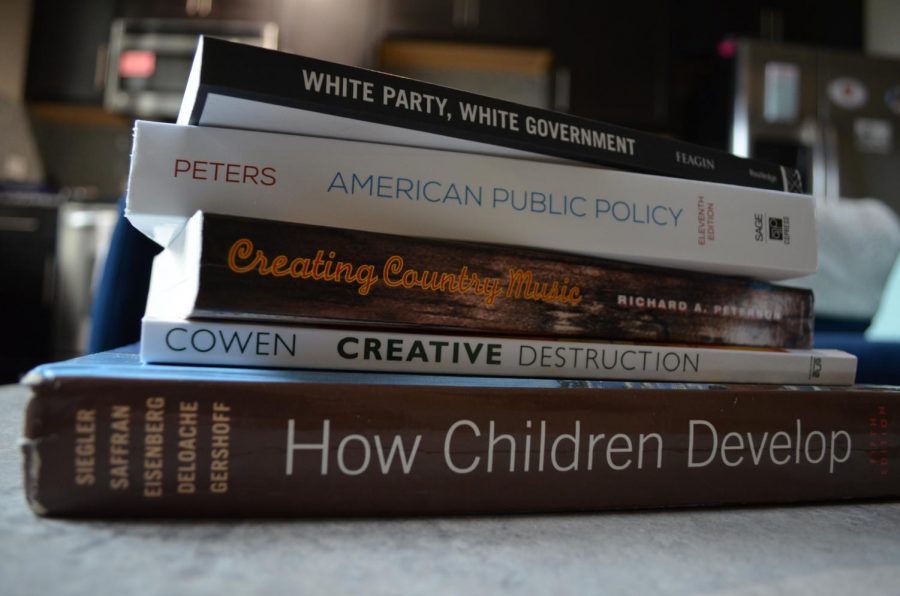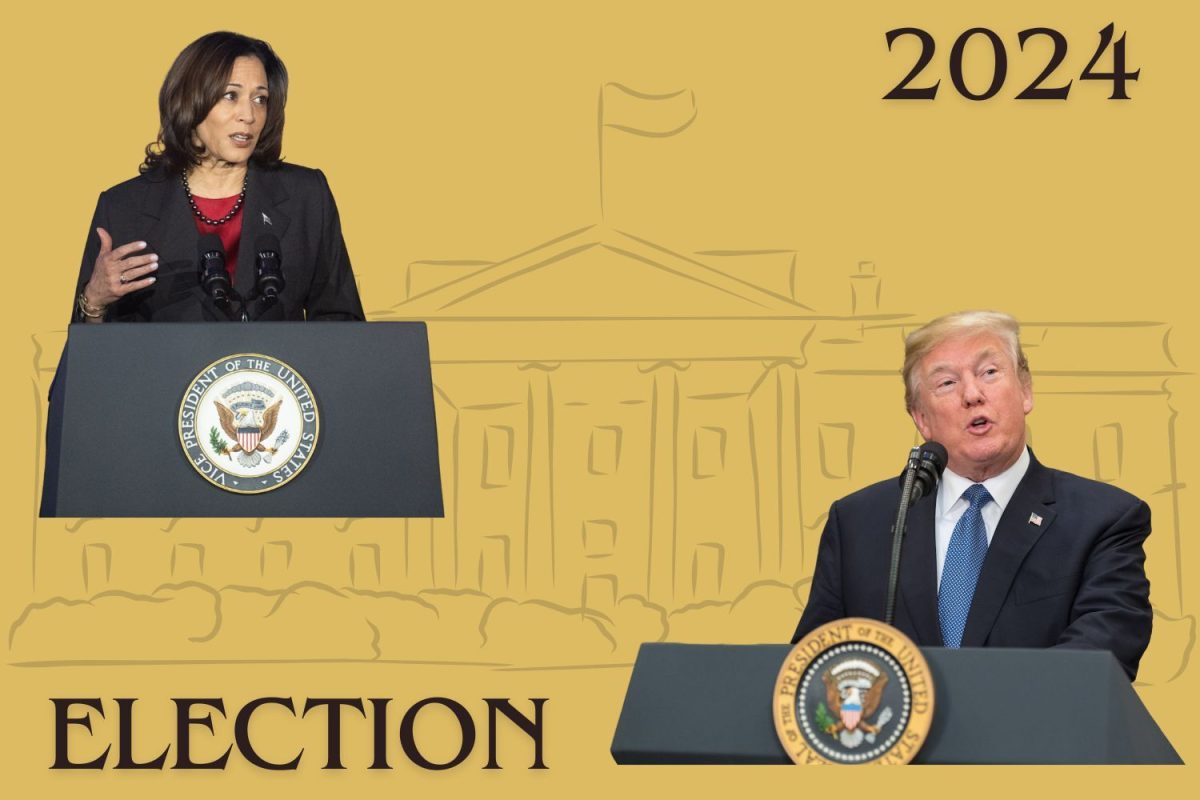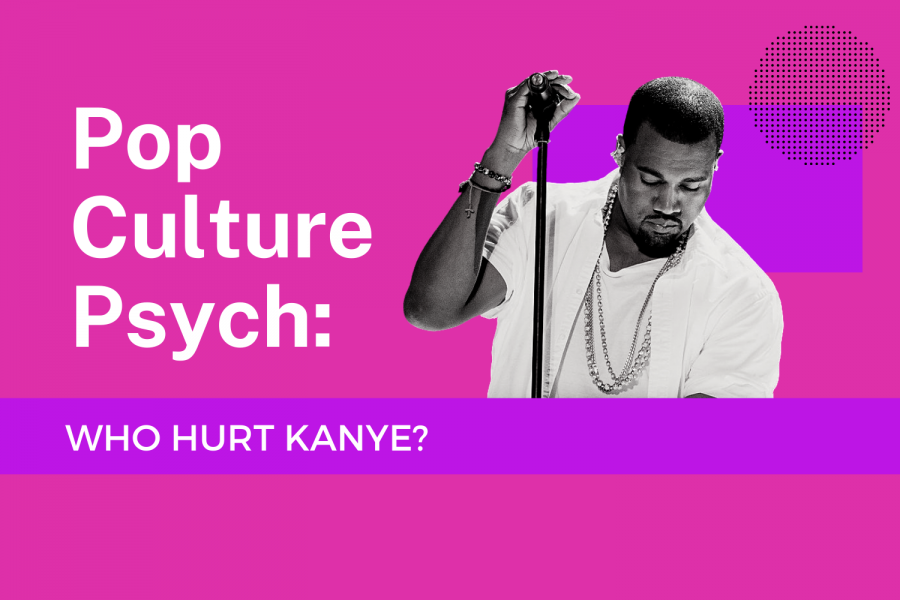At this point, it is clear that Joe Biden has won the 2020 election and will assume office in January as America’s 46th president. Biden’s win was facilitated by a historically large and diverse coalition of voters across the country, and the record 150 million votes cast certainly speak well for the strength of our democracy in uncertain times. Arguably more notable, however, is the troubling reality that tens of millions of Americans continued to support a candidate who displays clear and overt authoritarian tendencies, repeatedly attacking the integrity of the election before, during and after it took place. As far as our democratic institutions are concerned, we are in uncharted waters. The eyes of the world are all turned toward the United States at this moment, watching the loser of the election try to scheme and cheat his way to victory in a nation that once served as a global model for the peaceful transition of power.
So, how do we view this moment in American history? In the end, it isn’t about Trump himself, but rather the persistent forces in American society that allowed him to rise to power in the first place. As long as he has been in the political picture, Trump’s rhetoric has fanned the flames of white resentment, appealing to millions of disillusioned voters that are largely rural, white and non-college educated. In addition to a bevy of racist tweets and remarks, Trump appealed to this disillusionment over the course of his campaigns and presidency with promises of actions like the 1776 Commission, which attempts to prevent the teaching of systemic racism and promote a “patriotic education.”
Of course, it is important to remember that not all Trump voters fit this mold, but basic analysis shows us that the bulk of his political power is sourced from these demographics that perceive themselves as being “left behind.” Again, this is bigger than Trump: this election, in particular, was undoubtedly a moment of reckoning for the United States to come to terms with the darkness in its history, and a Biden win doesn’t mean the work is over. Far from it, in fact.
The history of America is obviously riddled with atrocities committed against Native Americans, Black Americans and many other groups, most of which receive far less recognition than appropriate. While one would hope that most modern Americans have at least a basic conception of this historical fact, there are large swaths of the modern American population that harbor such insecurity and resentment that they react with only a defensive rage whenever confronted with the fact that their country’s history is not morally spotless. This insecurity, in turn, lures millions of citizens into the throes of conspiracy and misinformation, allowing for their continual exploitation by those that know how to press the right buttons. The obvious conundrum, then—the one that has already strained our democracy and could yet bring it down—is how we can come to a collective reckoning and acknowledgment of the depravity that lies in our history when so many Americans (including the most powerful one) seem to actively resist this pursuit.
With this in mind, it may be useful to draw on comparisons with other nations to shed some light on this current predicament. While the United States certainly has its hands dirtier than many, cruelty, oppression, racism and ethnic cleansing are not American inventions, and a myriad of nations have dark and regrettable chapters buried in their histories.
The nation of Germany stands out as one whose evil historic deeds loom larger in the collective global psyche than perhaps any other, so it may behoove us as Americans to assess how modern Germans view their troubled (and relatively recent) past.
It is important to note that the purpose of this comparison is not to equate the atrocities perpetrated under the Nazi regime with those perpetrated over the course of American history (and certainly not to equate Trump with Hitler). Rather, it may be that America has something to learn from in terms of how today’s German citizens make peace with the historic horrors committed in the name of their people. To glean a better understanding of the complexities within this comparison, I spoke with Professor David Blackbourn, Distinguished Chair of History at Vanderbilt and author of seven books on various subjects within German history.
“By now the Germans have been addressing the Nazi past for a long time, and they have been doing so in every imaginable way—through an enormous amount of scholarly work and in schoolbooks, and through print journalism, documentaries, TV discussions, films, artworks, music, museums, commemorative monuments and not least through speeches in the German parliament on major anniversaries,” Blackbourn said. “From time to time, a politician will say something inept, or a scholar will say ‘enough, already,’ and the response will be a vigorous defense of the principle that today’s Germans, although mostly born since 1945, must continue to accept the responsibility placed upon them to remember what was done in the name of their forebears.”
One of the key elements here—and one that can be directly contrasted with the attitudes of many American citizens—is the fact that Germans continue to take an active role in recognizing their responsibility and accountability even though the number of citizens who were actually alive during the Nazi period is both tiny and dwindling. While the vast majority of Americans would likely agree that slavery is a shameful blemish on our history, many Americans maintain an attitude that they have no obligation to assume any responsibility because they were not directly involved.
So why, exactly, should we feel responsible for things we didn’t actually do? Unfortunately, these historical wrongs are not perpetrated at an individual scale, but at a societal one, meaning it is up to all of us to acknowledge and eliminate the injustices that still exist. Though the days of colonialism, slavery and Jim Crow may seem far behind us, there are long-term repercussions of organizing a society based on the idea of fundamental human inequality, and we must all bear the responsibility of acknowledging past injustices as well as fighting current ones if we are to keep moving our society forward.
It would certainly seem as though modern Germany has done a better job of coming to terms with its racist past than the United States, but of course, these countries are not identical. As Blackbourn was quick to note, one of the most important of these differences is the fact that the defeat of Nazism was dramatic and absolute in 1945, with many of its leaders tried as war criminals as the whole world looked on.
The defeat of the Confederacy and the subsequent Reconstruction period could be seen as the closest parallel in American history, but the comparison is shaky at best. While the South was soundly defeated and subsequently occupied, the North ultimately pulled out of the former slave states in the “corrupt bargain” of 1877, allowing the Southern elite to reassert their control and cement a slavery-esque system of oppression for another century. The South lost the Civil War, yes, but a distinct and forceful repudiation of slavery and racism never occurred. As a result, many Americans never stopped elevating the symbols and ideas associated with these long-dead institutions, and we have found ourselves in a unique but familiar predicament.
It is also vital to remember that the United States is far from the only nation that has come short of a full reckoning with the oppression, violence and injustice that stain its past, and this includes Germany itself. For example, Blackbourn emphasized that the history of Germany still contains great episodes of evil associated with imperialism and colonialism that receive relatively scant recognition, as do the histories of many other European and non-European powers.
“Those patterns of violence were not the same as what took place in Hitler’s Germany. They were a part of long-term forms of rule that combined racism and paternalism, non-violence and regular low-level violence that sometimes exploded into killing frenzies. What I’ve just described fits the US case, too. The “wrongs” you mention are more dispersed historically, not concentrated in a few genocidal years. It may be harder—genuinely harder—to face up to a historical record that includes what was done to indigenous peoples, slavery, Jim Crow and lynching because of the extended time frame,” Blackburn said.
Because of the unique status of Nazism within the broader context of world history, it may seem fruitless to compare Germany’s historical frame of reference with our own. However, as Blackbourn points out, “the underlying evil of racism is the great common denominator,” and we undoubtedly have much to learn from a nation that has more wholly come to terms with the evil in its past. It won’t be easy, and it certainly won’t be immediate—Trump is, in many ways, an embodiment of the toxic American exceptionalism that stands in the way of a more complete societal recognition of our past wrongs, and this election proved that his ideas and style certainly aren’t going anywhere in the short term.
It is up to every American, then, to acknowledge the oppression that once built this nation and move away from it in a constructive manner. We can channel past injustice into a more equitable and prosperous future for everyone, but only if we all do our part to break down the collective American ego that seems to divide and hinder us at every turn.












Parent • Nov 16, 2020 at 1:45 pm CST
As a Vanderbilt parent (times 4!), I’m pleased to read such a well written, interesting, and thoughtful analysis by a student. You have a future in Journalism!
Student • Nov 16, 2020 at 1:04 pm CST
This is an excellent article. Thank you for writing this and allowing us to share in your journey of understanding. It’s very level-headed, clearly written, well-organized, and all your claims are backed up by some evidence or form of argumentation.
I’m interested by the section, “This insecurity, in turn, lures millions of citizens into the throes of conspiracy and misinformation, allowing for their continual exploitation by those that know how to press the right buttons.” This would be interesting to elaborate on. Who are these people who press their buttons? What exactly are they doing to fan this flame, and how to they benefit from it? My understanding is that mass media under capitalism leads our information distributors to prioritize money over truth, and that this corruption creates a large incentive to mislead the American people. Media is very successful at this. It would be interesting to delve into this exploitation of the ignorant. However, I think that idea deserves its own separate article. This section is in no way “incomplete,” but it alludes to something that would be interesting to examine.